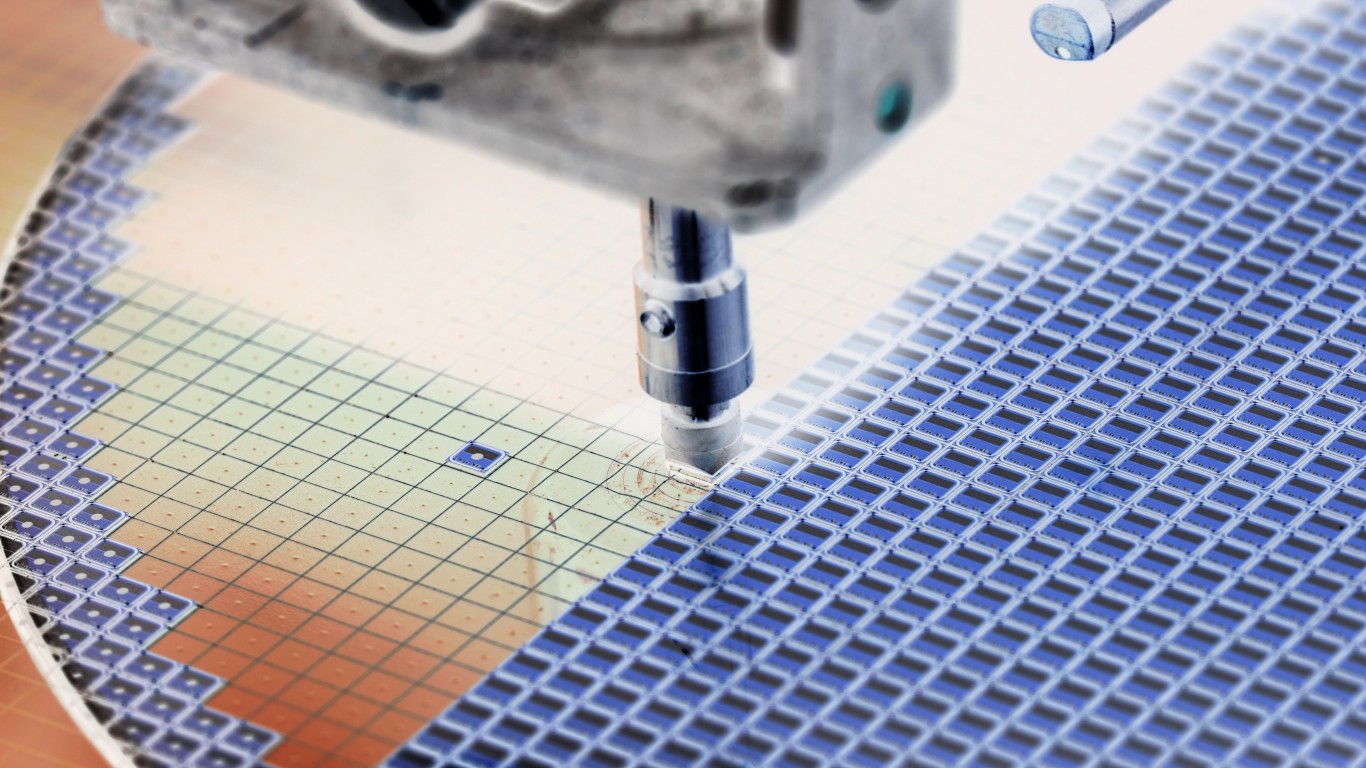Investing
10 Years Ago If You Invested $50,000 in This AI Stock, You Would Have $3.2 Million Today

Published:

For years at 24/7 Wall St. we have covered stocks under $10 and while not all of them turn out to be home runs, many savvy investors that had foresight and patience made millions on stocks that traded in the single digits.
One company that traded under $10 to $30 for years has become the darling of the stock market and has helped to lead the massive rally over the last year and especially since October. For low-price stock skeptics, many of the biggest companies in the world, including Apple Inc. (NASDAQ: AAPL), Amazon.com (NASDAQ: AMZN) , and NetFlix, Inc. (NASDAQ: NFLX), all traded in single digits at once.
We decided to take a stroll back in time to see how rich an investor would be if ten years ago in 2014 they invested $50,000 in Artifical Intelligence giant Super Micro Computer Inc. (NASDAQ: SMCI). One thing is for sure, most investors will wish they had put this monsterous trade on.

The stock, which now has exploded to almost $1200 per share, changed hands below $10 from 2007 to 2010. It then traded below $20 from 2010 to 2019. The stock started the massive parabolic move higher in the summer of 2022 and has never looked back.

Semiconductor Manufacturing International Corporation is one of the leading foundries in the world and is the front runner in manufacturing capability, manufacturing scale, and comprehensive service in the Chinese Mainland. It is the largest contract chip maker in mainland China and 5th largest globally,

While U.S. sanctions have been put into place regarding advanced semiconductors, and reports indicate that Super Micro Computer has continued making them.

State-owned civilian and military telecommunications equipment provider Datang Telecom Group and the China Integrated Circuit Industry Investment Fund are significant shareholders of the company. In addition, notable customers for the company include Huawei, Qualcomm, Broadcom, and Texas Instruments.

If we average those January and December 2014 prints and assume that not all the stock was bought at once, a buyer likely would have an average print of about $19.05 per share, translating to approximately 2625 shares.

If all of the stock was sold at the intraday March 13 high of $1,229 the sale would yield a massive $3,226,125 – $50,000 cost = $3,176.125.
If all the stock was sold at the March 13 closing print of $1,188 the sale would yield a whopping $3,118,500 – $50,000 cost = $3,068,500.
Thank you for reading! Have some feedback for us?
Contact the 24/7 Wall St. editorial team.